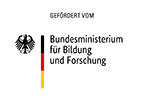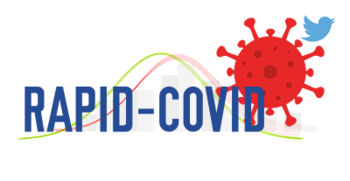RAPID-COVID: Receiving and Accepting Public Information Despite Polarization - Key to Overcoming COVID-19
Federal Ministry for Education and Research
RAPID-COVID is designed to produce insights about the information level about COVID-19 and the willingness to accept authoritative decisions to cope with the pandemic among the public. The project is located at the intersection of political communication, political psychology, and political culture studies. We link research on media usage, campaign effects, populism and protest studies, in order to enhance our understanding how the general information landscape interacts with individual predispositions to structure response patterns to the current pandemic. Our aim is to provide insights into the processes at work - insights that can be rapidly used against the spread of the virus. We focus on six research questions:
- Do citizens receive necessary and correct COVID-19 related information? Do they feel subjectively well informed and taken care of?
- Do (problematic) differences in information levels exist between different segments of society and what are potential remedies to cure them?
- How do citizens process information they receive? In depth? Heuristically? Which features of senders, messages, recipients, and contexts matter?
- How widespread are feelings of discontent concerning measures to limit the spread of the virus? Does the discontent grow over time?
- What are the reasons for discontent?
- Under which circumstances does discontent lead to behavioural non-compliance?
To understand the distribution as well as the (causal) dynamics of COVID19-related information with respect to citizens, we propose to implement a three-wave longitudinal panel survey that is further enriched by survey experiments and paralleling control cross sections.

